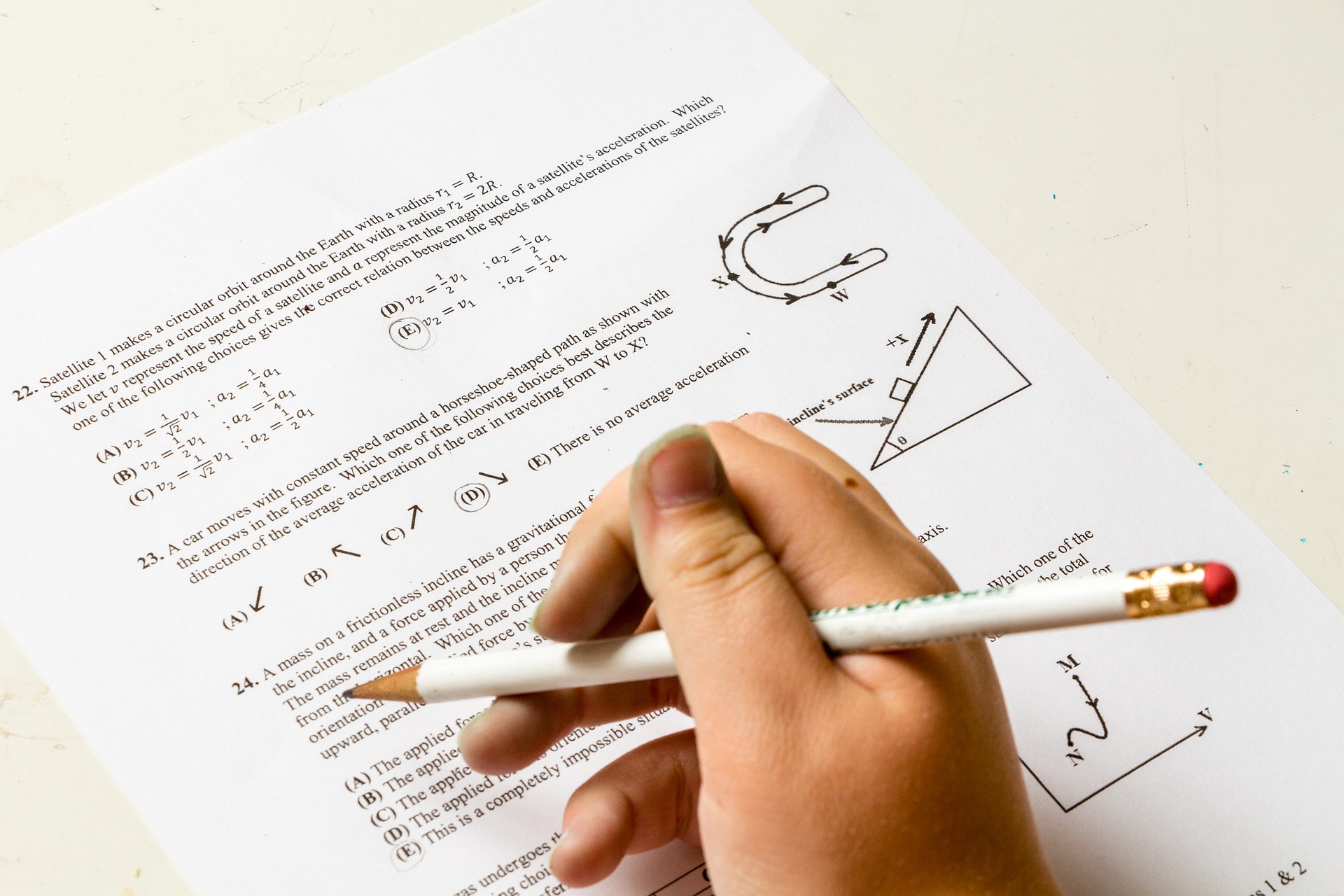Most Common Mistakes by Native Koreans (Part 1) Posted by Flying Oyster on Jan 12, 2019 in Korean Language
I once had to take a Korean language test for work. The test aimed to evaluate my grammar skills in written Korean. I did fine in Korean classes in school, so I blindly thought that I should pass the test. However, I failed the test. I was little embarrassed to tell anyone because I have been speaking Korean all my life even though I am not a professional linguist. As a purpose of taking a test is to help test-takers to learn, I learned a lot from the test. Since then, I try to write accurate Korean even when I text to friends.
Believe or not, I sometimes use a dictionary to make sure my grammar is correct. Since spacing words incorrectly can change the meaning, my focus in checking grammar is to review spacing words.
- 한잔 vs 한 잔
Most Koreans I know enjoy drinking after work. It is common in Korea to grab a beer with co-workers after work and most Koreans find camaraderie from attending 회식(Hweo-sik: employee afterwork gathering/party). If you work with Koreans, one of your co-workers might ask you to have some drinks after work. They might ask you a phrase like “한잔 할래? (han-jan-hal-rae?: do you want to grab a drink?”) It is literally translated “do you want a cup of glass?”, which asks you if you want to have a couple of drinks with them.
Here ‘한잔’ can be used interchangeably with ‘한 잔’by most native Koreans. However, ‘한잔’ is a correct word when you ask someone to join drinking with you.
In fact, ‘한잔’ is one word and it is a noun. It literally means a small amount of beverage, especially alcohol or tea, but it is replaced as ‘drinking’. Therefore “한잔 할래?” is translated as “do you want to drink?
- 마시다 vs 먹다
My husband, who is not a native Korean, often corrects me when I say “물 먹다.”(Mool-mok-dah: eat water) No one had ever pointed out this mistake until my husband did because many Koreans would use 먹다(mok-dah: to eat) interchangeably with 마시다(mah-si-dah: to drink). Especially, when referring to drinking water.
Although my husband is technically correct. 마시다 means to drink, not to eat. You drink water, not eat water. Therefore, I should say “ 물 마시다.(mool-mah-si-dah: drink water)” Instead “물 먹다. (Mool-mok-dah: eat water)” I would never have noticed that I’ve been speaking incorrectly until this foreigner corrected me.
- 안 된다 vs 안된다
This is another common mistake related to spacing words. If you look it up a dictionary, ‘안 된다’ has many meanings, such as:
should not (do), ought not to, shall not, don‘t, be forbidden/prohibited, be not allowed, be not supposed to, etc.
As you noticed, the underlying concept of ‘안 된다’ is ‘must not’ or ‘be not supposed to. Let’s take examples:
- 빨간불에 길을 건너면 안 된다. (Ppal-gahn-bul-eh-gil-eul-gun-nuh-myeon-ahn-doen-dah: you must not cross the street when the red light is on.)
- 소화가 잘 안 된다. (so-hwa-ga-jaal-an-deon-dah: I can’t digest well.)
On the other hand, ‘안된다’ can be used in a couple of different situations. The first case is to describe when things/situations are not good. For example,
- 경기가 안 좋아서 장사가 잘 안된다. (Gyung-gi-ga-anh-joe-ahh-seo-jang-sah-ga-jal-anh-doen-dah: business is bad because of bad economy.)
Secondly, 안된다 can be used when you describe how well someone’s child doing (at something). If child/children are not doing well/being successful (at something), you can use 안된다. As an example,
- 자식이 안되기를 바라는 부모는 없다. (jah-sik-ee-anh-deo-ghi-lul-bah-rah-nun-boo-moh-nun-up-dah: there are no parents who wish bad things for their children.)
Learning from mistakes, whether it is yours or others’, is one of the most efficient ways to learn a foreign language. The good news is that you don’t need to worry about all these nitty-gritty Korean grammars because many Koreans may not even know they are making mistakes every day.
Glossary
- 회식(Hweo-sik: employee afterwork gathering/party)
- 한잔 할래? (han-jan-hal-rae?: do you want to grab a beer/other alcohol?)
하다:do
- 물 먹다.”(Mool-mok-dah: eat water)
물:water
- 물 마시다.(mool-mah-si-dah: drink water)
- 빨간불에 길을 건너면 안 된다. (Ppal-gahn-bul-eh-gil-eul-gun-nuh-myeon-ahn-doen-dah: you must not cross the street when the red light is on.)
빨간불: red light
건너다: cross the street
- 경기가 안 좋아서 장사가 잘 안된다. (Gyung-gi-ga-anh-joe-ahh-seo-jang-sah-ga-jal-anh-doen-dah: business is bad because of bad economy.)
경기:economy
장사: (personal) business
- 소화가 잘 안 된다. (so-hwa-ga-jaal-an-deon-dah: I can’t digest well.)
소화:digestion
잘:well
- 자식이 안되기를 바라는 부모는 없다. (jah-sik-ee-anh-deo-ghi-lul-bah-rah-nun-boo-moh-nun-up-dah: there are no parents who wish bad things for their children.)
자식: children
부모:parents
바라다:wish

Build vocabulary, practice pronunciation, and more with Transparent Language Online. Available anytime, anywhere, on any device.





